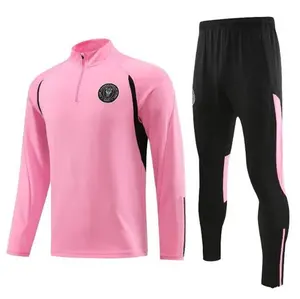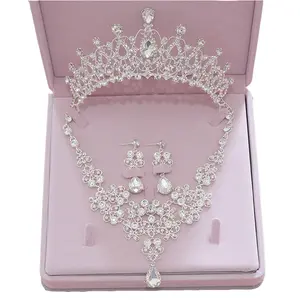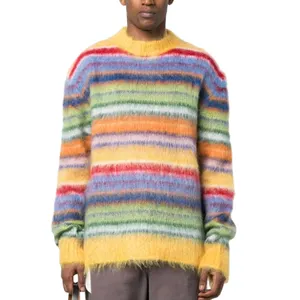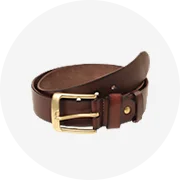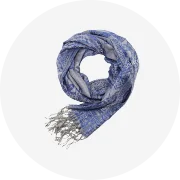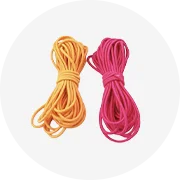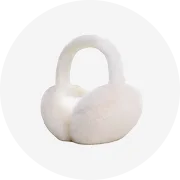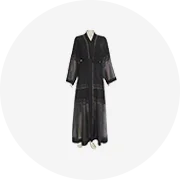Popular in your industry























































Related Searches:



































































































































































Top categories
About jeans bales
What are Recycled Denim Bales
Recycled denim bales are bundles of discarded or pre-used denim fabric that have been collected, processed, and compressed into a bale-like form. These bales serve as a convenient way to transport and store denim material in bulk, making them an essential component in the textile recycling industry. The recycling of denim is not only environmentally responsible but also economically beneficial, as it helps to reduce the demand for new raw materials and minimizes the amount of textile waste that ends up in landfills.
Recycled denim bales are typically purchased by textile manufacturers, garment manufacturers, and other businesses that require denim as a raw material. The bales are then unpacked and the denim is either further processed into new products or utilized as an input for manufacturing recycled denim goods. The versatility of denim allows for a wide array of new items to be created, from clothing to home textiles, ensuring that the fabric is given a second life cycle while reducing the environmental impact.
The process of recycling denim bales involves sorting, shredding, and sometimes blending with other fibers or materials to create new denim products. This process can be done mechanically or chemically. In some cases, the recycled denim is used as a filler material or insulation. The resulting products are not only eco-friendly but also cost-effective, as the processing requirements are often less intensive than those for new raw materials.
Types of Recycled Denim Bales
Recycled denim bales come in various types to meet different needs and are classified based on their composition and the processes used to recycle them.
-
100% Recycled Denim Bales: These bales are made entirely from post-consumer denim, meaning they are the most sustainable option. They are commonly used by manufacturers who prioritize environmental consciousness in their production processes.
-
Blends: Blended denim bales combine recycled denim with other fibers like polyester or cotton to enhance durability and texture. These blends are often sought after for creating jeans that have specific performance characteristics.
-
Pre-consumer Recycled Denim Bales: These are created from denim scraps or unsold garments that would otherwise end up in a landfill. They are typically of higher quality and can be used in various products that require a substantial amount of denim, such as high-end fashion lines.
-
Lightweight Denim Bales: For those looking for a more comfortable and breathable option, lightweight denim bales provide the same durability with a fabric that is easier on the skin.
-
Colored Denim Bales: While traditional blue denim is widely used, colored denim bales offer a range of hues that can be used to achieve specific fashion looks or branding requirements.
How to choose Recycled Denim Bales
When selecting recycled denim bales for your business needs, consider the material composition based on your product requirements. For instance, if you're manufacturing clothing, look for bales with a higher percentage of cotton if you need softness or consider blends with more polyester if you need durability and wrinkle resistance.
Also, take into account the features you require. If water resistance is critical for your product's use case, ensure that the bale includes waterproofing elements. Similarly, if you're focused on sustainable fashion, you might prioritize bales that offer more eco-friendly production processes.
Additionally, consider the seasonality of your products. Lighter-weight denim bales might be more suitable for spring or summer collections, while heavier-weight fabrics would be better suited for autumn or winter lines.
By evaluating these factors alongside Alibaba.com's extensive range of recycled denim bales from quality suppliers around the world, you can make informed decisions that align with your business values and customer demands.
About Recycled Denim Bales on Alibaba.com
For businesses seeking high-quality recycled denim bales, Alibaba.com stands out as an exceptional marketplace connecting buyers with reputable suppliers from around the globe. The platform offers an extensive selection of recycled denim options that cater to various commercial needs—from large-scale manufacturers looking for reliable bulk sourcing to smaller operations aiming to offer eco-friendly retail options.
Alibaba.com simplifies the procurement process with user-friendly search capabilities that enable buyers to find products tailored to their specific requirements, such as material composition or desired features like breathability or waterproofing. Additionally, services like Trade Assurance provide peace of mind by safeguarding payments until buyers confirm satisfactory delivery.
By choosing Alibaba.com as your sourcing destination for recycled denim bales, you not only gain access to a diverse product range but also benefit from a platform designed to facilitate international trade efficiently. With suppliers offering detailed product information and specifications, you can make informed purchasing decisions that align with your business's unique needs while contributing to a more sustainable future.
Common FAQs for Recycled Denim Bales
What are the benefits of using recycled denim bales for business purposes?
Recycled denim bales offer a sustainable and eco-friendly alternative to traditional manufacturing, reducing waste and carbon footprint. They also provide a cost-effective solution for businesses looking to maintain a consistent supply chain.
How do I determine the quality of recycled denim bales before purchasing?
Assessing the quality of recycled denim bales involves examining the material for consistency, checking the stitching for quality, and ensuring that the material meets the intended purpose of your business operations.
Can recycled denim bales be customized for specific business needs?
Yes, recycled denim bales can often be customized in terms of size, weight, and composition to meet specific business requirements or sustainability goals.
Are there different types of recycled denim bales available?
Yes, there are various types of recycled denim bales available, including those made from post-consumer waste, pre-consumer waste, industrial waste, and denim that has been produced from old clothing.
What should I consider when choosing the size of a recycled denim bale?
Consider your typical use case when selecting the size of a recycled denim bale. Larger bales are suitable for high-volume operations, while smaller bales may be more manageable for smaller scale businesses or limited storage spaces.
How can I ensure the recycled denim bales align with my company's sustainability goals?
Look for suppliers who provide transparent information about their production processes and materials. Additionally, certifications from sustainability organizations can confirm a product's eco-friendly claims.
Is there a demand for plus-size recycled denim bales in the market?
Yes, there is a growing demand for inclusive sizing which includes plus-size options in all types of apparel. Ensure that your selection of bales includes larger sizes to cater to this market.
What kind of businesses typically purchase recycled denim bales?
A wide range of businesses purchase recycled denim bales, including manufacturers of clothing, accessory designers, and businesses focusing on sustainable apparel production.
How do I dispose of unused or damaged denim bales responsibly?
Unused or damaged denim bales can often be repurposed in various ways such as being used for crafts or in products that do not require pristine condition. For disposal, seek out recycling facilities that specialize in textile recycling.
What features should I look for in a supplier of recycled denim bales?
When choosing a supplier, look for features such as consistent quality across batches, certification of sustainability claims, customization options, and adherence to environmental standards relevant to your industry.
